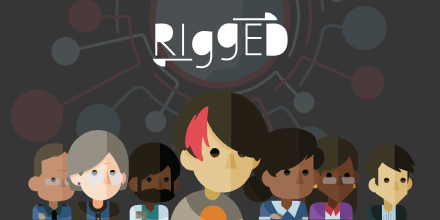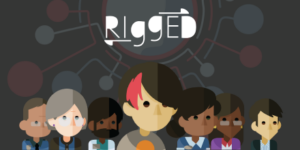“I don’t talk to many people about this,” she started. “But if you’re here to make sure this doesn’t happen to someone else, then I want to tell you.” And then this young woman, a student we met through our work on education fragmentation, told us the story of how her stepfather sexually abused her and how her mother pulled her out of school after she reported it to a teacher. Erica (a pseudonym I’m using to protect her privacy) didn’t go back to school until six months later, once she’d moved cities to live with another family member. As far as she knew, her previous school never asked any questions — no one ever called the house or came looking for her.
This student was one of more than a dozen who we spoke to in schools across the country that shared their experiences of major disruptive life events that changed their education trajectories. Erica’s story in particular has stuck with me and makes me wonder: How we can help education systems better meet the needs of students for whom education may be the only consistent through-line in an otherwise chaotic time?
I believe that one of the first steps is to share stories like Erica’s. Many times, the people working to improve systems fragmentation for youth who experience disruptions to their education pathways are themselves removed from the direct impact of this work. Stories help practitioners know why this work matters and better understand the consequences of getting it wrong.
While empathy is a powerful tool for change and is, perhaps, a fundamental precondition for it, how do we account for the cost of sharing a personal story to the storyteller?
Years ago, I spoke to an advocate who’d stepped away from her work in her early 20s because she felt like she had become, in her words, “a professional foster child,” working in advocacy programs where she spoke to legislators about her experiences.
What happens to someone — especially a young person — when they are called upon to share the story of the worst moment of their life, their most humiliating day, with a stranger? What happens when we ask a young person to do it again and again, in rooms full of strangers? And what happens when we unconsciously build incentives for vulnerable people to share their most private secrets in order to be deemed worthy of a seat at the table?
That advocate I spoke to years ago didn’t resent the work itself but wondered how her life might have been different if she’d had a chance to think of her future more broadly. It is important to give people the chance to build new identities that don’t crystallize around a single narrative of what’s happened to them, who they are, or who they can be.
This is, in part, what inspired the creation of our interactive online game, Rigged. We needed a way for our partners and their stakeholders to be able to build and experience empathy without causing any more pain to the people who need help. Rigged is drawn from true stories shared by real kids, but we compiled and anonymized the stories so that players could put themselves in young people’s shoes without burdening the storytellers.
In this way, we don’t just reward the most intimate disclosure.
Bellwether Education Partners is currently accepting letters of interest from state and local leaders interested in partnering with us to improve coherence and coordination across agencies and departments to better serve young people who experience disruptions to their education pathways.
Read more of our blogging on ending fragmentation here.

